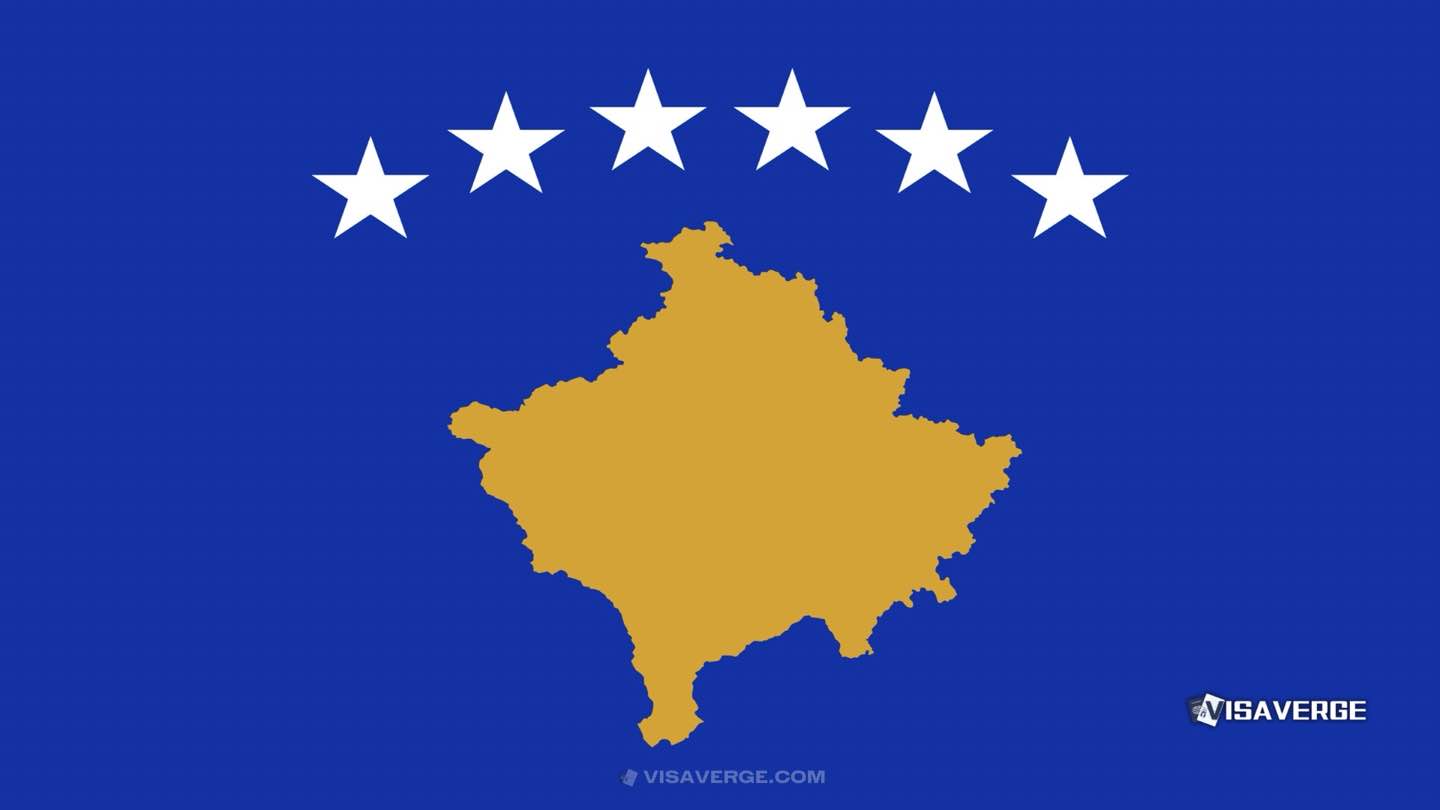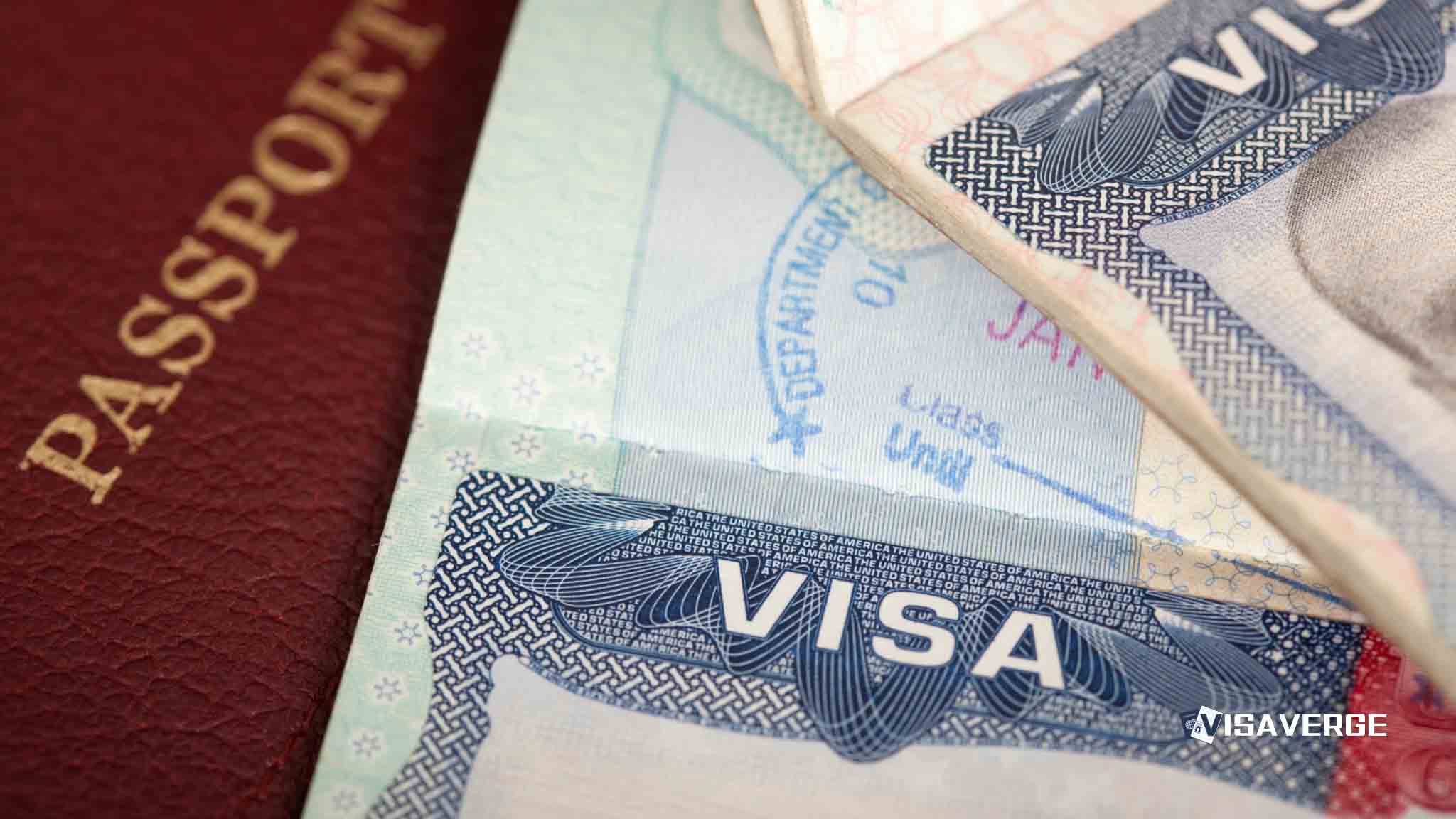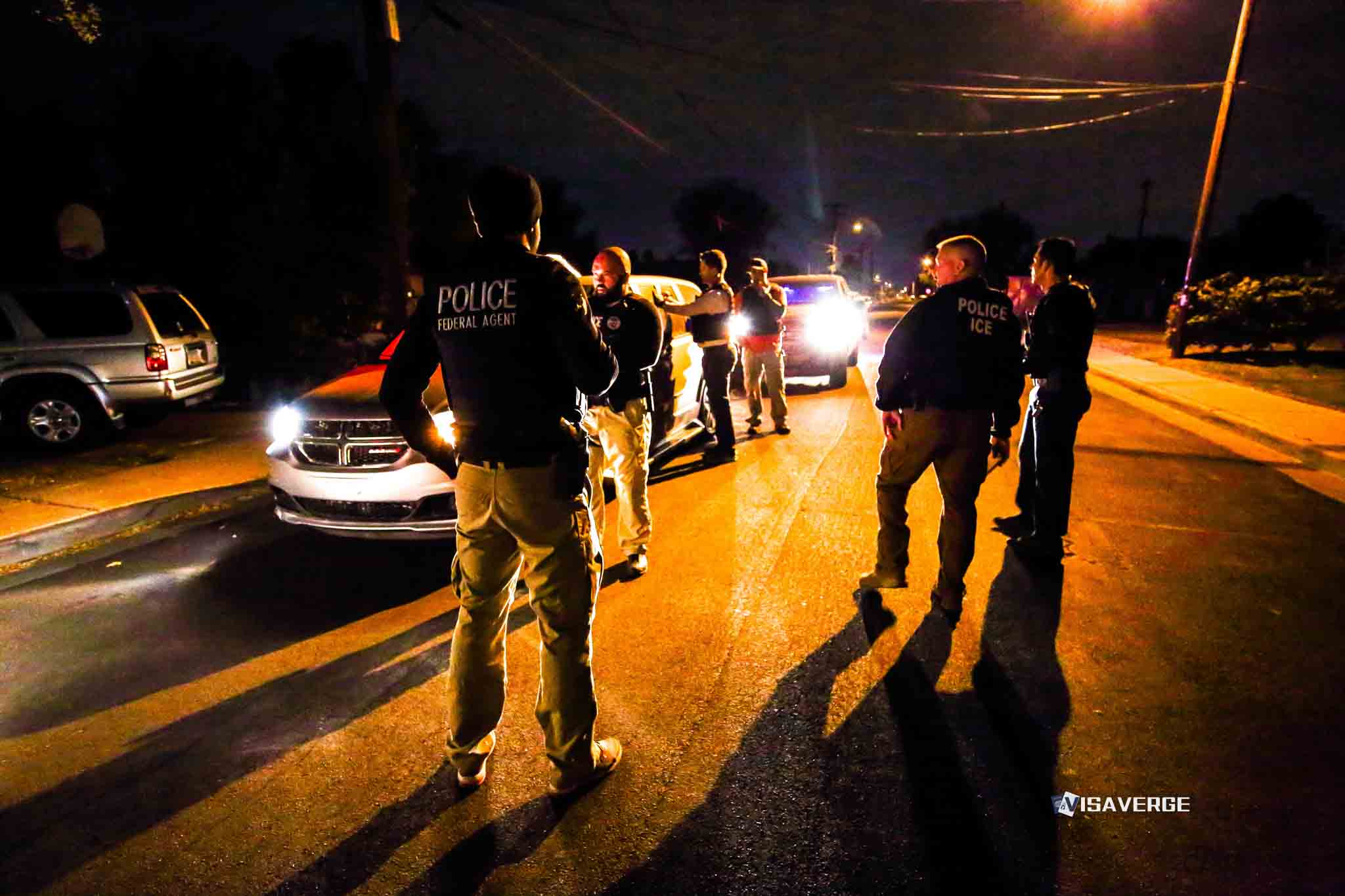Key Takeaways
• Minnesota plans to cut healthcare for undocumented adults, affecting about 20,000 people starting in January.
• California proposes freezing Medi-Cal enrollment for new undocumented adults but maintains coverage for 1.6 million currently enrolled.
• Fear of public charge rules prompts 27% of likely undocumented adults to avoid seeking medical, food, or housing assistance.
Progressive Democrats are pressing ahead with their effort to secure undocumented immigrant healthcare even after recent budget talks aimed at cutting back these benefits in several states. The path forward is tangled, as lawmakers struggle with rising costs, disagreements about who should be covered, and the real-world impact for immigrants, hospitals, and the wider community.
Minnesota: Where Policy Meets Controversy

Minnesota is at the center of this debate. Earlier this year, the state launched a program offering healthcare coverage to undocumented immigrants. However, as the program unfolded, things did not go as planned. Costs quickly ballooned—state officials report expenses are already 32 percent higher than what they had expected. Not only that, but the number of people signing up for the program is almost three times greater than the original estimates. As a result, a bipartisan budget agreement has been made to cut off healthcare coverage for undocumented adults. The plan keeps coverage for undocumented children, but stops benefits for those over 18.
This decision has divided the state legislature. Progressive Democrats are fighting hard to protect the original plan. They argue that ending coverage for adults is unfair and could hurt 20,000 Minnesotans who rely on these services for their well-being. In protest, 33 lawmakers have promised they will not vote for any bill that ends the program. They are trying to find new ways to keep undocumented immigrant healthcare in place for those who need it.
Minnesota Democratic leaders like Representative Cedrick Frazier are working behind the scenes. He recently shared that Democrats are looking for other ways to make sure undocumented Minnesotans can still see a doctor and get medicine when they are sick. DFL House Floor Leader Jamie Long believes this highly charged issue will be taken out of the larger state budget and handled by itself, giving lawmakers more time and space to find a solution.
Republicans, led by House Speaker Lisa Demuth, defend the planned cuts. Speaker Demuth says, “It’s not a measure of being uncaring. Those that are here illegally can still join the private markets.” This means undocumented immigrants could still try to buy health insurance on their own instead of getting help from the state. Progressive Democrats, on the other hand, argue that private health insurance is too expensive for many people, especially for those working low-wage jobs or struggling to make ends meet.
The decision about undocumented immigrant healthcare in Minnesota is now approaching a critical point. Lawmakers are almost at the end of their legislative session, which is scheduled to finish at midnight on Monday. With time running out, it is possible that officials will have to call a special session to reach an agreement. What happens here could affect not just Minnesota, but set an example for other states thinking about similar programs.
California: Holding the Line on Coverage
Minnesota is not alone in this fight. California, often known for its forward-thinking social programs, is also facing challenges. California’s Medi-Cal program offers healthcare coverage to undocumented immigrants. In a budget-saving move, Governor Newsom has suggested freezing enrollment for this group. This means no new undocumented adults would be allowed to join Medi-Cal for now, though the 1.6 million who are already covered would not lose their care. Coverage for children would also remain in place.
Even with these restrictions, California continues to spend a lot of money to keep its program running. Every year, the Medi-Cal expansion for undocumented immigrants costs the state around $8.5 billion from its main pool of funds. That is a huge investment. Progressive Democrats and immigrant-rights advocates worry that if enrollment is frozen, thousands of people who need medical attention will be left with no good options.
The Cost—and Fear—of Care
When lawmakers in Minnesota and California debate undocumented immigrant healthcare, numbers play a big part. The Minnesota Department of Human Services says its program is costing much more than expected, while California spends billions every year on the same issue. Some lawmakers say the money is simply too much for states to handle on their own, especially when budgets are tight.
But money is only part of the story. There is also a lot of fear and uncertainty in immigrant families. Many worry that getting healthcare through state programs might somehow risk their standing or future in the United States 🇺🇸. According to a 2023 survey, almost three in four immigrant adults say they are unsure if using free or low-cost help from the government—like health services—could hurt their immigration case. Nine out of ten people who are likely undocumented worry about this. As a result, about 27 percent of likely undocumented adults avoid asking for help with food, housing, or healthcare because they are worried it could cause problems for their immigration status.
This fear is not without cause. For years, immigrants have been told that using certain government benefits could label them as a “public charge.” This technical term means the government could see them as likely to need ongoing help and possibly deny them a green card or other immigration benefits. The rules about what counts as a “public charge” have changed many times, adding to the confusion and anxiety among immigrants.
Who Gets Covered? Federal and State Rules
Federal law makes it clear: undocumented immigrants cannot get Medicaid, CHIP (Children’s Health Insurance Program), Medicare, or buy health plans through the Affordable Care Act (commonly known as the ACA) Marketplaces. States are not allowed to use federal money to pay for undocumented immigrant healthcare. This means any program that helps undocumented immigrants get medical care is paid entirely from state funds.
A handful of states have chosen to fill this gap. Minnesota, California, and a few others have made their own programs to help certain groups of immigrants, especially children or adults under a certain age. These efforts aim to keep people from putting off care until their health gets much worse, which can cost hospitals and communities even more in the end.
As reported by VisaVerge.com, these programs remain a small part of the overall state budgets but have a big impact on local families and healthcare providers.
The Bigger Debate: Health, Fairness, and Society
At the heart of the discussion on undocumented immigrant healthcare is a question about fairness and the role of public programs. Supporters of state-funded health coverage for undocumented people point out several things:
– When more people have access to medical care, whole communities are healthier.
– Treating health problems early is usually cheaper than waiting until there is a crisis.
– Hospitals and clinics that treat uninsured people often pass those costs on to everyone else.
Opponents of these programs, including some lawmakers in Minnesota and California, say:
– It is not fair to use taxpayers’ money to help people who are not citizens or legal residents.
– State budgets are limited and must focus on services for citizens first.
– Programs growing larger and more expensive put too much pressure on other important services, such as schools or roads.
On both sides, there are strong feelings and high stakes. For undocumented immigrants, losing healthcare can mean skipping treatment for illnesses, missing important medicines, or facing life-threatening emergencies without help. For hospitals, especially in cities with many immigrants, unpaid medical bills can put stress on their ability to serve everyone.
Progressive Democrats: Building a Coalition
Progressive Democrats in Minnesota are working to keep undocumented immigrant healthcare on the agenda. They have teamed up with advocacy groups and used social media campaigns to raise public awareness. They point out that many undocumented people are essential workers—helping to build roads, serve food, clean public spaces, and care for children and seniors across the state.
Some of the main arguments progressive Democrats make include:
– Keeping people healthy helps the state as a whole.
– Costs will rise for everyone if sick people go untreated.
– Deciding who “deserves” healthcare leads to unfair and unequal rules.
These lawmakers are asking their moderate and conservative colleagues to look beyond short-term budget savings and focus on the bigger picture. They call for creative solutions—like special funds, new taxes, or public-private partnerships—to keep the program working without cutting off those in need.
Possible Outcomes: What’s Next for Minnesota and Beyond
If Minnesota lawmakers agree to cut adult coverage, about 20,000 people could lose their MinnesotaCare benefits starting in January. Hospitals and state agencies worry this could mean more emergency room visits and higher costs for paying patients and taxpayers later. If progressive Democrats succeed in saving the program, Minnesota might stand as a rare example of a state that puts the health of all its people, regardless of status, first.
California’s decision to freeze Medi-Cal enrollment could echo in other parts of the country. Other states are watching closely to see if holding the line on costs but keeping coverage for some groups (like children or current members) is a workable compromise.
Across the country, some states have small programs for certain immigrant groups, but most undocumented adults face large gaps in healthcare access. This often leaves community clinics, hospitals, and charitable groups to fill in the gaps as best as they can.
A Broader Moment for Immigrant Health
The choices Minnesota and California make in the coming weeks and months will have ripple effects far beyond their borders. Lawmakers everywhere are faced with hard questions: How can they be fair to everyone? How much should states help those who lack federal options? What are the risks and rewards of opening up health programs to undocumented immigrants?
For those looking for more details on the rules that prevent undocumented immigrants from getting federal healthcare, the official Medicaid immigrant eligibility page offers up-to-date information.
As legislative sessions draw to a close, the final decision on undocumented immigrant healthcare will shape lives, budgets, and public health for years to come. Both supporters and opponents agree: there is a lot at stake—for states, for communities, and above all, for the people who call these places home, no matter where they were born.
Learn Today
Medi-Cal → California’s Medicaid program providing low-cost or free health coverage, including some undocumented immigrants, funded primarily by the state.
MinnesotaCare → A Minnesota state health coverage program, now facing cuts, that recently expanded to include undocumented immigrants for basic care.
Public Charge → A U.S. immigration term used when someone’s reliance on government aid may affect eligibility for green cards or visas.
ACA Marketplaces → Marketplaces created by the Affordable Care Act where individuals can purchase health insurance, but undocumented immigrants are excluded.
DFL → Minnesota Democratic–Farmer–Labor Party, the state’s Democratic Party, active in defending healthcare coverage for undocumented immigrants.
This Article in a Nutshell
Minnesota and California are at the forefront of debates on healthcare for undocumented immigrants. State programs face soaring costs and political divides. Lawmakers struggle to balance budgets and fairness. What happens next will shape not only immigrant families’ health, but also serve as a precedent for similar policies across America.
— By VisaVerge.com
Read more:
• Sanctuary jurisdictions in Minnesota under scrutiny after fatal crash
• Minnesota Bets Big on Sustainable Aviation Fuel Boom
• Federal Prosecutors Flood Minnesota With Immigration Cases
• University of Minnesota student wins deportation case against ICE
• Detentions and deportations rise in Minnesota under Trump’s new term













